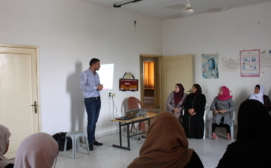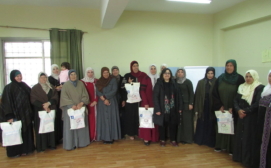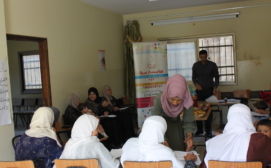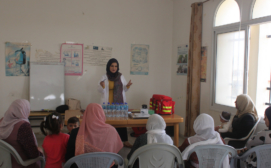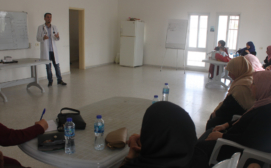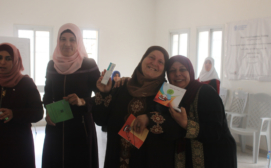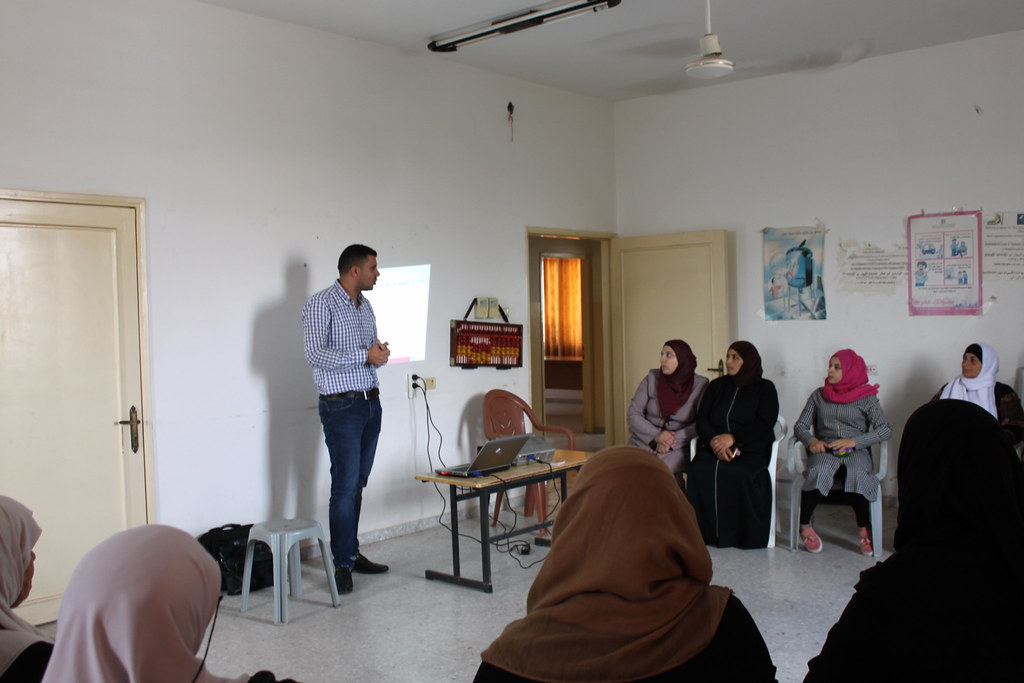
IMG_1591
Project Lead(s): Ohaila Shomar
Issue
Basic resources are scare within conflict areas and marginalized communities in Palestine.
Lack of clean water and transportation has contributed to poor feminine hygiene practices which have, in turn, harmed women’s reproductive health.
Though yeast infections are common, in Palestine doctors often do not distinguish between yeast and bacterial infections in women. This results in worsened health outcomes.
Solution
Sawa Organization developed a home vaginal health test (VHT) which detects and identifies the type and form of vaginal infection. Additionally, feminine hygiene kits were distributed.
The project targeted women of reproductive age in Area C of the West Bank, due to the region’s high birth rates, limited medical accessibility, low water supply, and low income. These targeted communities also serve as a hub for smaller neighboring communities.
Mobile health clinics were developed. Clinics provided resources for feminine hygiene including: educational workshops, medical products, medical consultations, and counselling. Through these clinics, a doctor and nurse distributed home VHTs and feminine hygiene kits.
Outcome
The project found that many women of reproductive age in Area C had a heightened risk of poor reproductive health due to adverse feminine hygiene practices.
208 women utilized VHTs and kits. 85% of women tested positive for either type of infection.
Women responded positively to the ‘ABC My Body and Me!’ educational sessions, with 100% of female attendees stating they had benefitted. Women reported passing on their new knowledge to their daughters and sisters. Surprisingly, 78 men attended the session throughout the project.
Sawa Organization is looking to scale to other underserved regions within Area C of the West Bank. The organization hopes to form partnerships with large-scale distributors of feminine hygiene products.

